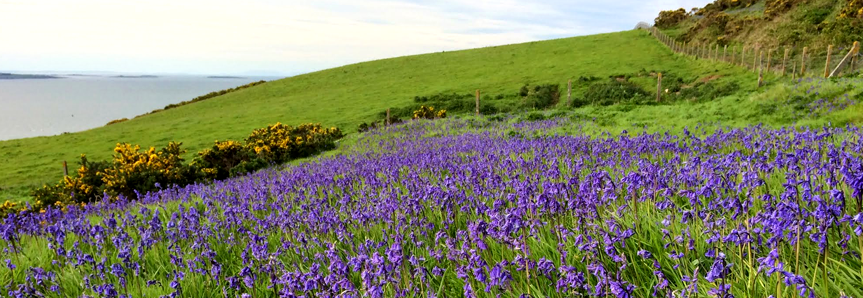
Ecological due diligence surveys
The post-Celtic tiger recession had an important influence on how ecological Issues are now dealt with in development design and planning. A more cautious approach to acquiring sites and making planning applications has been detectable in certain development sectors. Developers and investors want to see an increase in ‘certainty’ of receiving planning – this requires a full acknowledgement of environmental constraints and opportunities before the site is acquired.
Scott Cawley offers specialist advice to landowners, architects, property developers, banks and investors on this specialist aspect of due-diligence that can help identify likely ecological constraints, evaluate their likely significance, better inform appropriate project types and designs and result in higher degrees of success in securing planning permissions.
Ecological due-diligence is a precursor to more formal and detailed ecological studies that may be required if a developer wishes to proceed with an application for planning permission. Due diligence studies ideally take place prior to the divestiture or acquisition of lands or property so that both parties are aware of any factors that would affect the ‘development potential’ of the site.
Ecological due- diligence generally includes the following steps:
- Collection of publicly-available data on the site and surroundings.
- Walkover site survey / inspection.
- Reporting including ecological constraints / opportunities mapping.
There are obvious cost-savings for all involved. Those concerned with divestiture will want to be able to increase the value of the land or property being sold by demonstrating a lack of serious ecological issues. Those interested in acquiring or investing will want full disclosure of the potential risks involved in buying land or property, re-assurance that a site does not harbour insurmountable ecological obstacles and confidence in the ability of the site to secure planning permission. Ecological due-diligence will inform investors as to the development potential from an ecological point of view and will disclose the potential costs of addressing ecological constraints.




